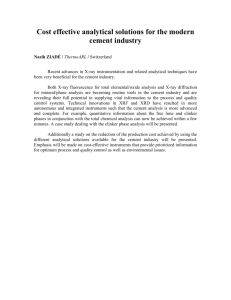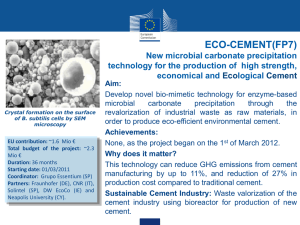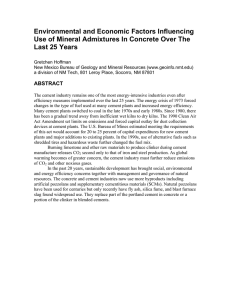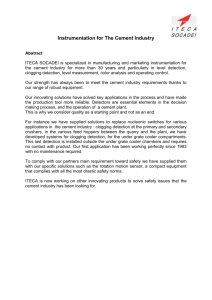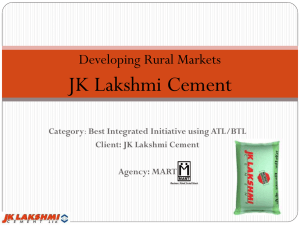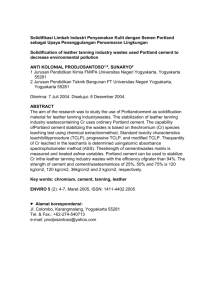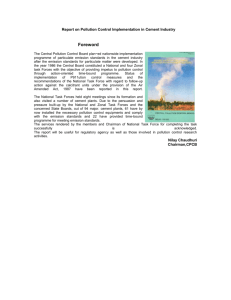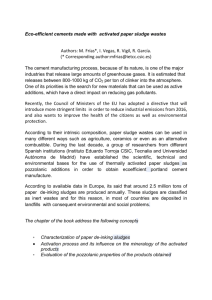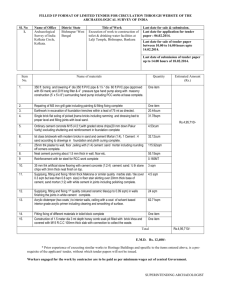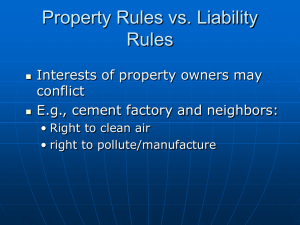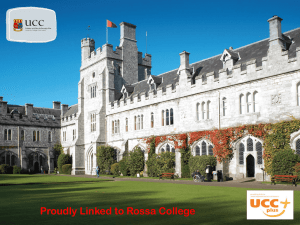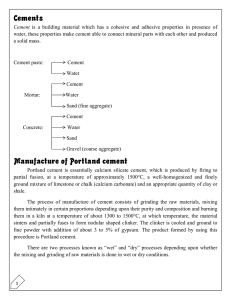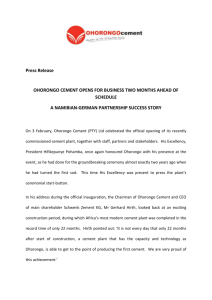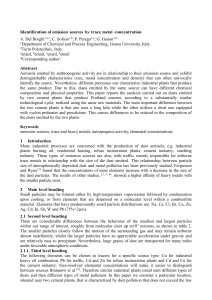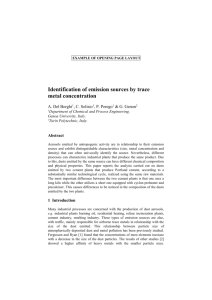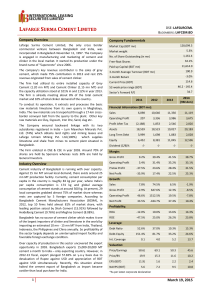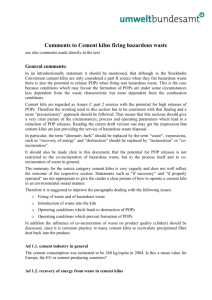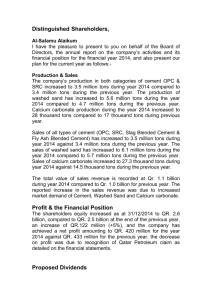PHILIPPINE FIRM TURNING INDUSTRIAL WASTES INTO CEMENT
advertisement
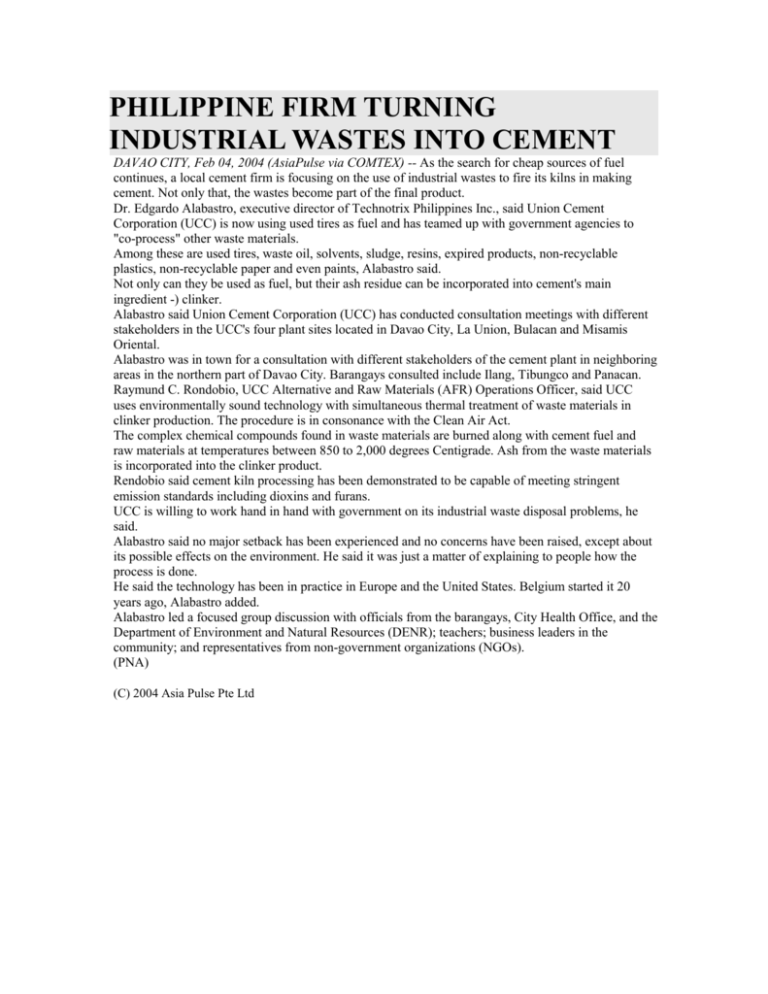
PHILIPPINE FIRM TURNING INDUSTRIAL WASTES INTO CEMENT DAVAO CITY, Feb 04, 2004 (AsiaPulse via COMTEX) -- As the search for cheap sources of fuel continues, a local cement firm is focusing on the use of industrial wastes to fire its kilns in making cement. Not only that, the wastes become part of the final product. Dr. Edgardo Alabastro, executive director of Technotrix Philippines Inc., said Union Cement Corporation (UCC) is now using used tires as fuel and has teamed up with government agencies to "co-process" other waste materials. Among these are used tires, waste oil, solvents, sludge, resins, expired products, non-recyclable plastics, non-recyclable paper and even paints, Alabastro said. Not only can they be used as fuel, but their ash residue can be incorporated into cement's main ingredient -) clinker. Alabastro said Union Cement Corporation (UCC) has conducted consultation meetings with different stakeholders in the UCC's four plant sites located in Davao City, La Union, Bulacan and Misamis Oriental. Alabastro was in town for a consultation with different stakeholders of the cement plant in neighboring areas in the northern part of Davao City. Barangays consulted include Ilang, Tibungco and Panacan. Raymund C. Rondobio, UCC Alternative and Raw Materials (AFR) Operations Officer, said UCC uses environmentally sound technology with simultaneous thermal treatment of waste materials in clinker production. The procedure is in consonance with the Clean Air Act. The complex chemical compounds found in waste materials are burned along with cement fuel and raw materials at temperatures between 850 to 2,000 degrees Centigrade. Ash from the waste materials is incorporated into the clinker product. Rendobio said cement kiln processing has been demonstrated to be capable of meeting stringent emission standards including dioxins and furans. UCC is willing to work hand in hand with government on its industrial waste disposal problems, he said. Alabastro said no major setback has been experienced and no concerns have been raised, except about its possible effects on the environment. He said it was just a matter of explaining to people how the process is done. He said the technology has been in practice in Europe and the United States. Belgium started it 20 years ago, Alabastro added. Alabastro led a focused group discussion with officials from the barangays, City Health Office, and the Department of Environment and Natural Resources (DENR); teachers; business leaders in the community; and representatives from non-government organizations (NGOs). (PNA) (C) 2004 Asia Pulse Pte Ltd
